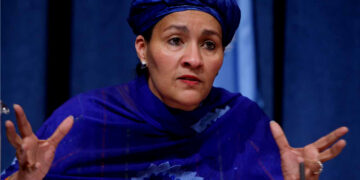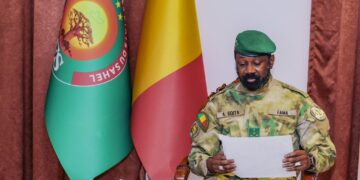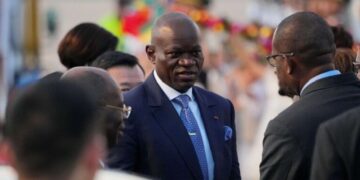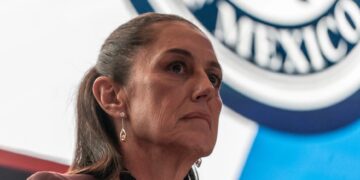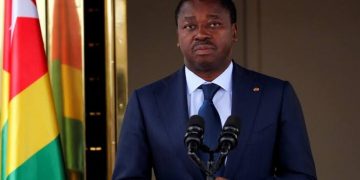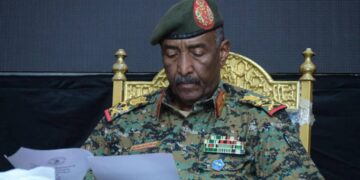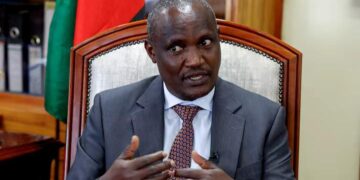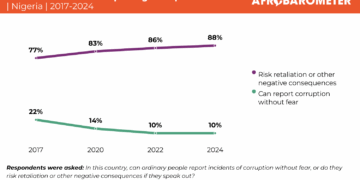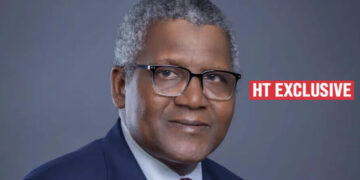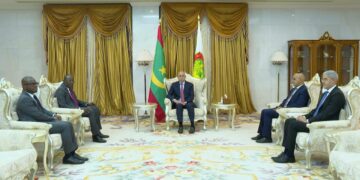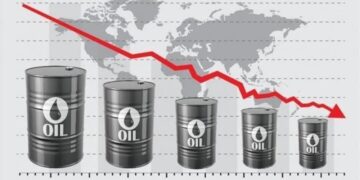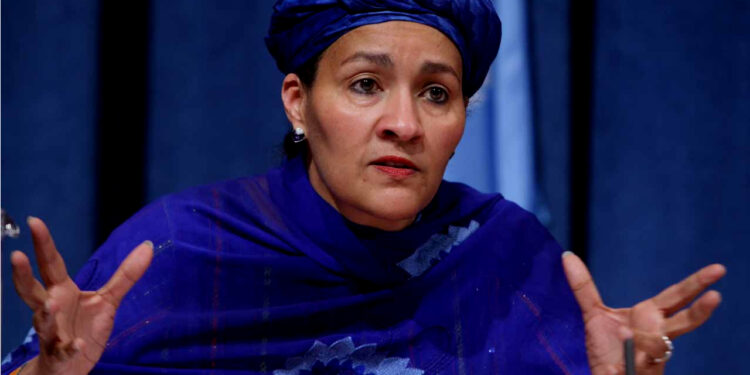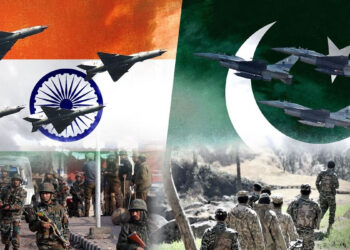By Ebi Kesiena
Deputy Secretary-General Amina Mohammed has disclosed that progress is being made towards reversing bans on women taking part in public life in Afghanistan.
Amina Mohammed noted this as she has been in Kabul for a four-day visit to urge the Taliban to reconsider.
Recall that last month, the country’s Islamist rulers banned all women from working for non-governmental organisations (NGOs). The move caused several aid agencies to suspended operations.
Speaking to the BBC at the end of her trip, Ms Mohammed explained that most senior Taliban officials she met had been ready to engage over the rights of girls and women.
However, she described the talks as tough and cautioned that it would be a very long journey before the leadership took the fundamental steps required for international recognition of their rule.
“I think there are many voices we heard, which are progressive in the way that we would like to go,” Ms Mohammed said. But there are others that really are not.
“I think the pressure we put in the support we give to those that are thinking more progressively is a good thing. So this visit, I think, gives them more voice and pressure to help the argument internally.” She said.
Ms Mohammed also criticised the international community, including other Islamic states, for not doing enough to engage on the issue.
Ms Mohammed’s comments come as Afghanistan suffers its harshest winter in many years.
The Taliban leadership blames sanctions and the refusal of the international community to recognise their rule for the country’s deepening crisis.
Ms Mohammed said her message to Afghanistan’s rulers was that they must first demonstrate their commitment to internationally recognised norms and that humanitarian aid cannot be provided if Afghan women are not allowed to help.
“They’re discriminating against women there. for want of a better word, they become invisible, they’re waiting them out, and that can’t happen,” she said.
However, the Taliban health ministry has clarified that women can work in the health sector, where female doctors and nurses are essential, but Ms Mohammed said this was not enough.
“There are many other services that we didn’t get to do with access to food and other livelihood items that that will allow us to see millions of women and their families survive a harsh winter, be part of growth and prosperity, peace,” she said.
